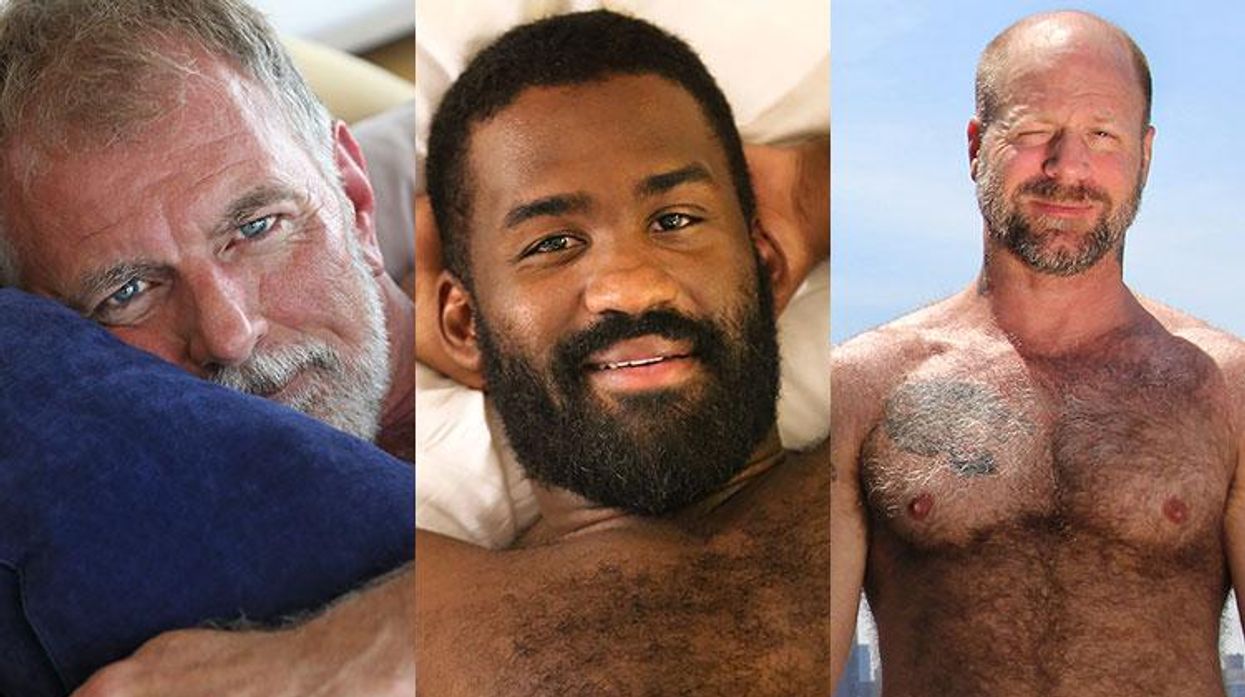Among the LGBTQ+ community in Oklahoma who recently attended an Owasso vigil for the bullied Owasso teen Nex Benedict was Miranda Searcy, a former Tulsa Resident who describes herself as a queer native of The United Keetoowah Band of Cherokee Indians in Oklahoma.
Searcy said the teen’s death wasn’t just a suicide.
“Even if it is a suicide, it’s still by bullying,” Searcy said.
The Office of the Chief Medical Examiner in Oklahoma on Wednesday released a summary report of an autopsy of Benedict, listing the probable cause of death as “Diphenhydramine and Fluoxetine Combined Toxicity,” with a checkmark under “Manner of Death” in the box listing “suicide.”
Keep up with the latest in LGBTQ+ news and politics. Sign up for The Advocate's email newsletter.
Searcy blamed the rhetoric of the Oklahoma State Superintendent of Schools Ryan Walters, appointed to the office by Governor Kevin Stitt in 2020, but who later won the seat in a close election. Walters has repeatedly decried LGBTQ+ issues in the schools, called for the banning of books mentioning such issues, and has pushed that schools only allow “students only [to] use the bathroom of their God-given natural sex."
Benedict was beaten unconscious in the Owasso High School’s bathroom. Benedict told an officer that three girls “jumped” him in an encounter, and Benedict “blacked out,” hitting his head against the floor.
“This is a death by bullying and was caused by the regime in place in our government locally, Ryan Walters and Governor Stitt,” Searcy said.
It is also not lost on Searcy that Benedict is of Native American ancestry – Benedict’s mother is a member of the Choctaw tribe – and that takes the message even deeper.
“This country is trying to erase the native part of it. It’s an overtone of white supremacy,” Searcy said.
Olivia Gray, a citizen of the Osage Nation and the Chair of the Board of Directors for the Northeast Oklahoma Indigenous Safety and Education Foundation (NOISE), who spoke at Benedict’s vigil in Owasso said Benedict was a “relative,” a person of Native American descent who, though not yet a member of the Choctaw tribe, was still native. The autopsy summary listed Benedict as “amINDIAN.”
Gray also said Benedict’s death was due to bullying, not just suicide. She noted that one of the compounds in the youth’s report was fluoxetine, also known as Prozac, widely used as an antidepressant.
“Owasso needs to understand that the bullying has got to stop,” Gray said “This kid may not have been on depression medication, but for that bullying. Even if it was a suicide, it probably wouldn’t have happened without the bullying.”
Gray said she expects now that the school will use the toxicology findings of the medical examiner to sweep the matter away. She called for the three girls who assaulted Benedict to be brought forward, and for the school to be held accountable for the numerous accounts of bullying that have come forth since the death.
“I’m fearful they will use this to do nothing,” Gray said. “They will look at this report and say, ‘Wow, this is not our fault,’ but allowing that kind of behavior in their school is their fault.”
Related: Owasso schools failed to protect Nex Benedict, say speakers at board meeting
Riley Rossiter, who with her trans partner, Mikka Cochran, had attended the vigil, also blamed those who assaulted Benedict. Rossiter referred to Benedict not only as “they, " but also as “him,” as had several of Benedict’s partners, saying the youth had come out as a trans man to those who were close.
“He didn’t just kill himself. It’s really saddening that they killed themself. But I don’t think I could handle what they went through,” Rossiter said. “I hope those girls are still charged, because this was caused by that.”
Rossiter’s partner, Mikka Cochran, talked about being bullied in high school in nearby Tulsa, to the point of being jumped by several youths.
“I could have been in Nex’s shoes at one time,” she said. Cochran spoke of loneliness and alienation, and of having nowhere to turn when such violence happens.
“That encounter pushed their life to end, and it’s terrible. No child, regardless of color, or belief, or gender…their life shouldn’t end at such a young age,'' she said. “They were at the age of 16, at the age to drive and go out and explore and figure out who they were, and that was taken from them, regardless of how that happened.”
Cochran expressed distrust of the findings of the ME’s office, and especially of the school, for hiding what truly happened. In Cochran’s own case, the school erased the tapes of the assault, Cochran said.
“They showed me footage of the fight. The next time the footage had been erased,” Cochran said. Of Owasso, she said, “It’s terrible they don’t want to take a stand against it.”
Searcy said that exposing the truth of Benedict’s death, and life, is the way forward for her.
“The most important thing to take out of this is that we can’t let this be in vain," Searcy said. “We have to keep the momentum going. We have to figure out how to live this love into the world. We are called to be the light. That means shining the light on the dark places, where the evil hides.”
If you or someone you know needs mental health resources and support, please call, text, or chat with the 988 Suicide & Crisis Lifeline or visit 988lifeline.org for 24/7 access to free and confidential services. Trans Lifeline, designed for transgender or gender-nonconforming people, can be reached at (877) 565-8860. The lifeline also provides resources to help with other crises, such as domestic violence situations. The Trevor Project Lifeline, for LGBTQ+ youth (ages 24 and younger), can be reached at (866) 488-7386. Users can also access chat services at TheTrevorProject.org/Help or text START to 678678.
















